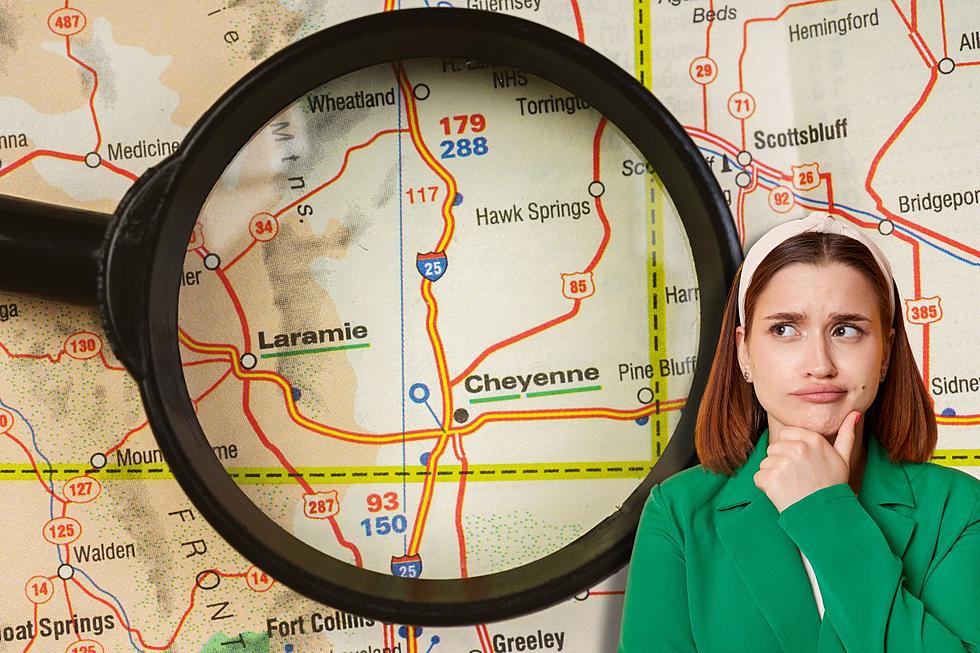
Flashback Friday: The Prohibition Era Bootlegging Capital of Wyoming
Kemmerer has several interesting claims to fame. The small southwestern Wyoming town is the site of the first J.C. Penney store and the home of former Los Angeles Lakers owner Dr. Jerry Buss. During the prohibiton era, it was also the bootlegging capital of Wyoming.
Following World War I, the coal mining industry fell into a recession. Instead of coal, local miners set up stills in the surrounding footfills.
When prohibition was enacted in 1920, those stills produced enough booze to supply the entire mountain west region. Before long, the tiny town earned the nickname "Little Chicago".
In addition to bootlegging, the town was also known for its many houses of ill repute. Long after prohibition was repealed, ladies of the evening were openly plying their trade. In 1969, the prostitution houses were finally shut down.
Several tributes to Kemmerer's past remain on display, including Chicago Street, a weekly newspaper called "The Little Chicago Review" and several of the old stills, which are proudly displayed at the nearby Fossil Butte National Monument.
Kemmerer was the home of Wyoming's largest bootlegging operation, but it wasn't the only town in the Cowboy State that profited from prohibition.
While miners in Kemmerer were distilling moonshine, Italian immigrants in Rock Springs were brewing wine. Train cars would deliver shipments of grapes from California to a factory on Front Street, where they were used to make the city's signature "Dago Red".
More From 101.9 KING-FM









